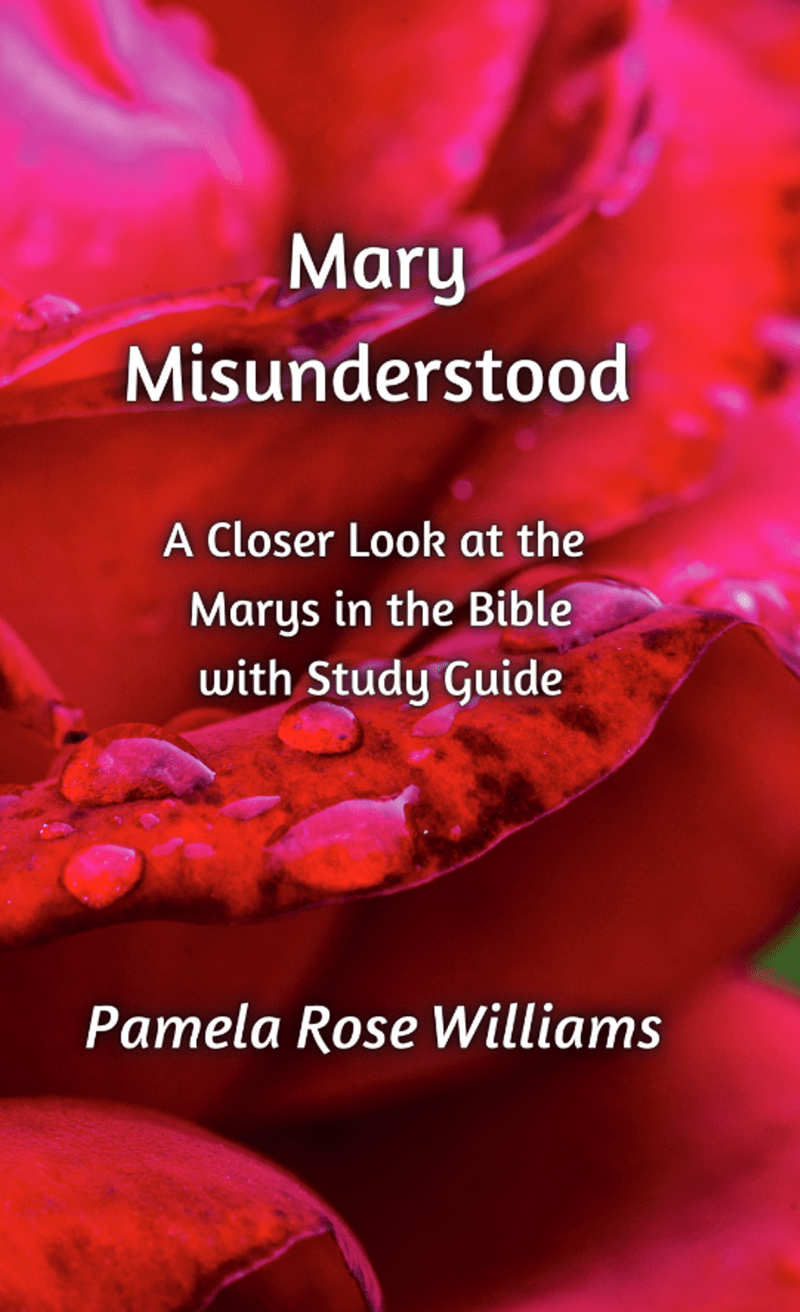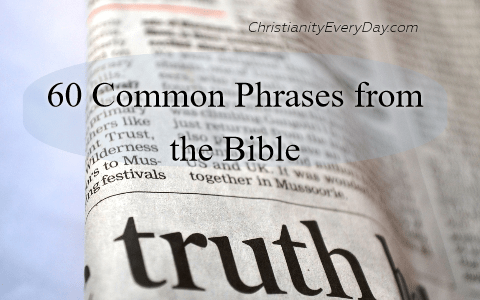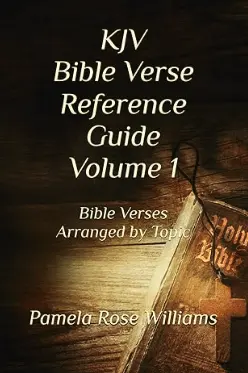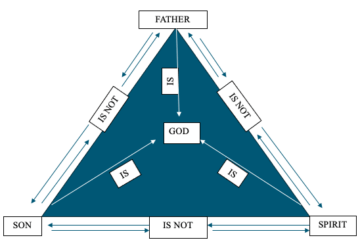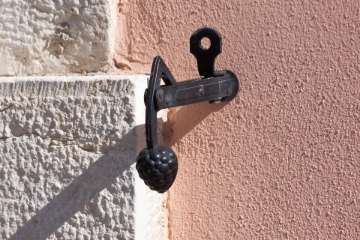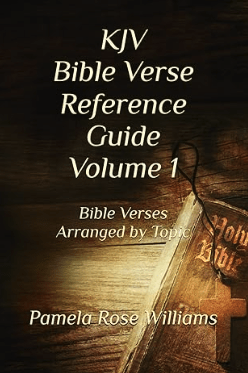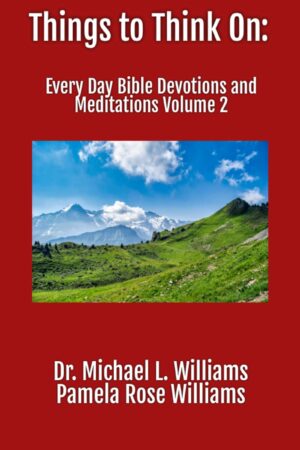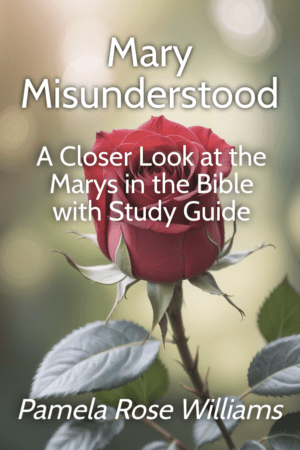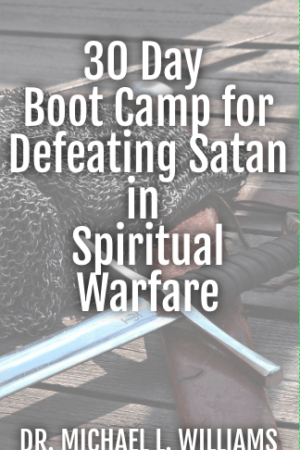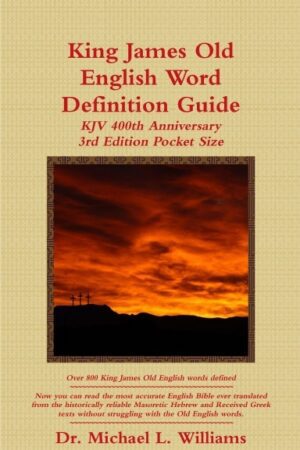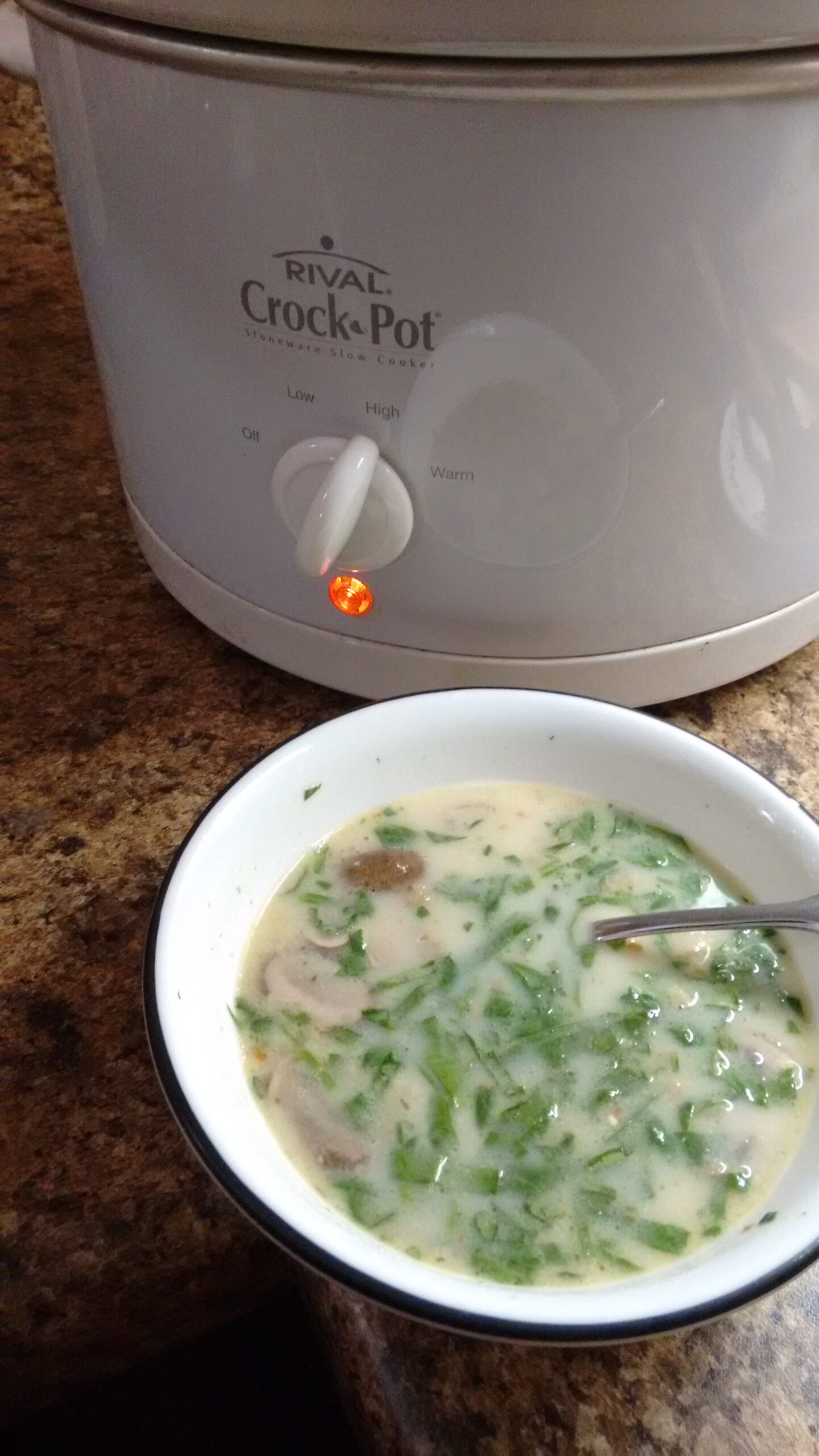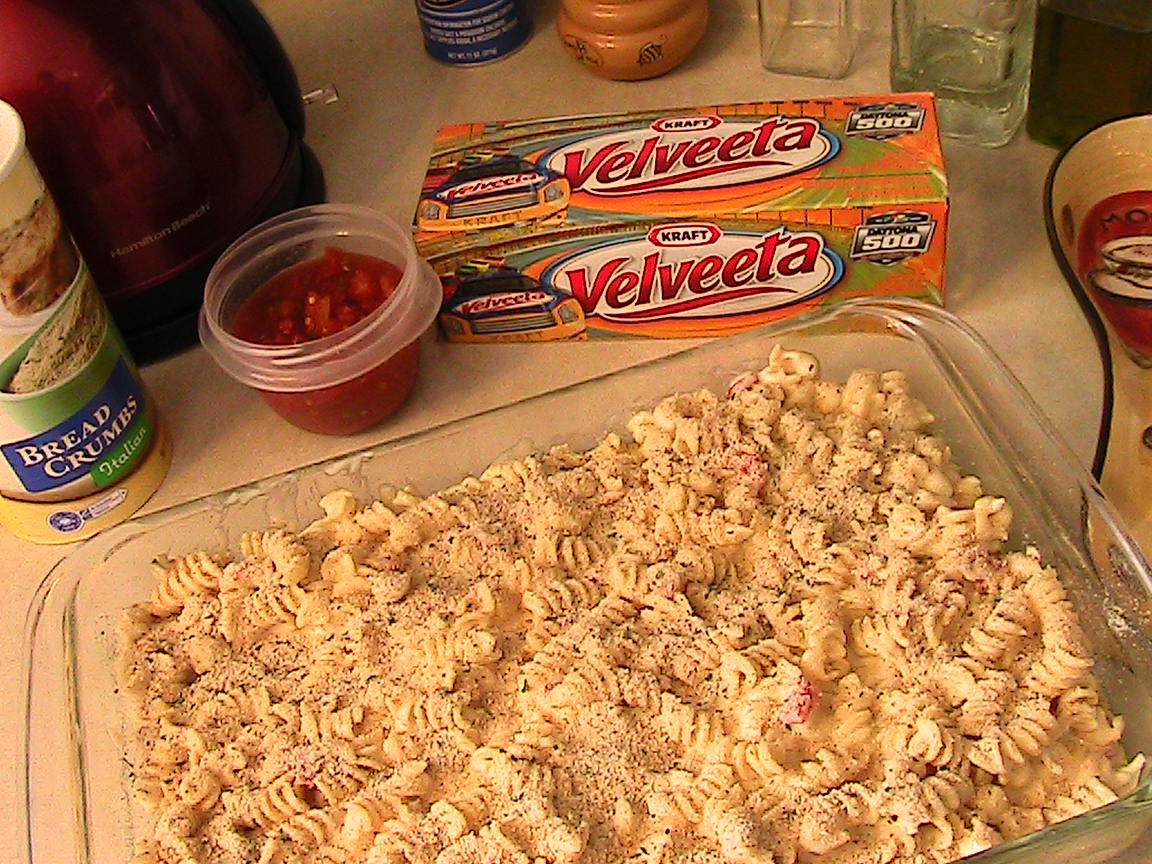Introduction
In some circles, there are those who teach and believe that Mary, the mother of Jesus, was sinless. This teaching has persisted for centuries and if one were to visit the web site of the Catholic Church, www.catholic.com, there is a lot of information supporting this belief. Likewise, the Catholic Education Resource Center also provides information supporting this belief (https://catholiceducation.org/articles/apologetics/ap0128.html).
The interesting thing to note is that for the most part nearly all the references they give supporting this belief are from famous theologians or resources that are not from the Bible. What few Bible verses they do use teach that all of us have sinned (Romans 3:10, Romans 3:23), but they explain these verses away by claiming that Mary was the exception. In other words, Mary, was perfect in that she never broke any of the 10 Commandments, which were given to us to show us that everyone is a sinner in need of a Saviour (Romans 3:19-20).
Mary was human
Now in no way is this article intended to trash the reputation of Mary, nor belittle people who revere her greatly. Because of Mary’s role as the mother of Jesus (Luke 1:41-45), anyone who would speak poorly of her or her part in fulfilling God’s plan for humanity (Luke 1:38) is out of touch with God. This is because Mary was truly blessed by the Lord (Luke 1:46-49).
As with everything, the Bible tells us that we should never add to or take away from God’s Word (Deuteronomy 4:1-2; Proverbs 30:5-6; Revelation 22:18-19). Therefore, to answer the question, only the Bible can be used. Likewise, we must let the Bible explain its meaning because the Bible is not subject to any private interpretation (2 Peter 1:20-21).
To start, we have to understand that although Mary held a special place in God’s plan for humanity, she still was human. Because she was human, she was subject to the law of God, the Ten Commandments. Likewise, as a human when she broke one of the commandments, she was guilty before God as a sinner because all of us have sinned. This is confirmed as follows (Emphasis added in all verses):
(Romans 3:10 KJV) “As it is written, There is none righteous, no, not one:”
(Romans 3:19-20 KJV) “Now we know that what things soever the law saith, it saith to them who are under the law: that every mouth may be stopped, and all the world may become guilty before God. {20} Therefore by the deeds of the law there shall no flesh be justified in his sight: for by the law is the knowledge of sin.”
(Romans 3:23 KJV) “For all have sinned, and come short of the glory of God;”
(Romans 5:12 KJV) “Wherefore, as by one man sin entered into the world, and death by sin; and so death passed upon all men, for that all have sinned:”
(Galatians 3:22 KJV) “But the scripture hath concluded all under sin, that the promise by faith of Jesus Christ might be given to them that believe.”
(1 John 3:4 KJV) “Whosoever committeth sin transgresseth also the law: for sin is the transgression of the law.”
We are all human
Simply stated, all of us have sinned. The only exception mentioned in the Bible was Jesus and the Scriptures are very clear about it.
(2 Corinthians 5:21 KJV) “For he hath made him to be sin for us, who knew no sin; that we might be made the righteousness of God in him.”
(Hebrews 4:15 KJV) “For we have not an high priest which cannot be touched with the feeling of our infirmities; but was in all points tempted like as we are, yet without sin.”
(1 Peter 2:21-22 KJV) “For even hereunto were ye called: because Christ also suffered for us, leaving us an example, that ye should follow his steps: {22} Who did no sin, neither was guile found in his mouth:”
(1 John 3:5 KJV) “And ye know that he was manifested to take away our sins; and in him is no sin.”
If Mary was the exception and without sin, then we should be able to find verses that state this. Yet, despite this belief, there are no verses that support this. On the other hand, we do find verses that support the belief that Mary was not perfect and in need of a Saviour.
The first place we see a reference to this is in the account where she went to visit her cousin Elisabeth after she became pregnant with Jesus. After Elisabeth’s initial greeting Mary responds by praising the Lord as her Saviour:
(Luke 1:46-47 KJV) “And Mary said, My soul doth magnify the Lord, {47} And my spirit hath rejoiced in God my Saviour.”
Mary knew Jesus was the authority
We are not told much about Mary in the early years after the birth of Jesus. However, early in Jesus’ ministry, there was a wedding in Cana and Mary was there. Jesus and His disciples were called and after they arrived, Mary approached Jesus because there was no wine. What follows is an interesting conversation as follows:
(John 2:1-8 KJV) “And the third day there was a marriage in Cana of Galilee; and the mother of Jesus was there: {2} And both Jesus was called, and his disciples, to the marriage. {3} And when they wanted wine, the mother of Jesus saith unto him, They have no wine. {4} Jesus saith unto her, Woman, what have I to do with thee? mine hour is not yet come. {5} His mother saith unto the servants, Whatsoever he saith unto you, do it. {6} And there were set there six waterpots of stone, after the manner of the purifying of the Jews, containing two or three firkins apiece. {7} Jesus saith unto them, Fill the waterpots with water. And they filled them up to the brim. {8} And he saith unto them, Draw out now, and bear unto the governor of the feast. And they bare it.”
The interesting part about this conversation is that when Mary approached Jesus about the wine, he gently rebuked her and told her it was not His time yet. It appears she was responsible for the refreshments and Jesus was responding to her request by asking her how being out of wine had anything to do with Him. Mary then did proceed to defer to His authority by telling the servants to do whatever Jesus commanded them.
In a similar situation, Jesus was meeting with some people in a house when Mary and Jesus’ brothers showed up and requested to speak to Him as follows:
(Matthew 12:46-50 KJV) “While he yet talked to the people, behold, his mother and his brethren stood without, desiring to speak with him. {47} Then one said unto him, Behold, thy mother and thy brethren stand without, desiring to speak with thee. {48} But he answered and said unto him that told him, Who is my mother? and who are my brethren? {49} And he stretched forth his hand toward his disciples, and said, Behold my mother and my brethren! {50} For whosoever shall do the will of my Father which is in heaven, the same is my brother, and sister, and mother.”
Jesus uses his mother Mary’s request to make a point that those who do the will of God are His mother and brothers. So once again, Jesus did not elevate His mother to any special status above any other believer.
In another situation, Jesus was speaking to a crowd when a woman yelled out a praise to Mary, His mother:
(Luke 11:27-28 KJV) “And it came to pass, as he spake these things, a certain woman of the company lifted up her voice, and said unto him, Blessed is the womb that bare thee, and the paps which thou hast sucked. {28} But he said, Yea rather, blessed are they that hear the word of God, and keep it.“
Again, Jesus denies any special status of His mother, but instead elevates others above her. This is also in keeping of the Biblical teaching that God shows no special respect to those of any position:
(Proverbs 24:23 KJV) “These things also belong to the wise. It is not good to have respect of persons in judgment.“
(Romans 2:11-12 KJV) “For there is no respect of persons with God. {12} For as many as have sinned without law shall also perish without law: and as many as have sinned in the law shall be judged by the law;”
For Jesus to show special preference for His mother as compared to other believers would violate not only these verses, but also the law:
(James 2:9 KJV) “But if ye have respect to persons, ye commit sin, and are convinced of the law as transgressors.”
(Deuteronomy 1:17 KJV) “Ye shall not respect persons in judgment; but ye shall hear the small as well as the great; ye shall not be afraid of the face of man; for the judgment is God’s: and the cause that is too hard for you, bring it unto me, and I will hear it.”
Mary was subject to the law
Finally, a reference to Mary going to the temple to dedicate Jesus and to offer an offering for Her sins can be found along with an admonition that her soul would be judged by Jesus, the Word of God. The part that discusses her offering is found as follows:
(Luke 2:22-24 KJV) “And when the days of her purification according to the law of Moses were accomplished, they brought him to Jerusalem, to present him to the Lord; {23} (As it is written in the law of the Lord, Every male that openeth the womb shall be called holy to the Lord;) {24} And to offer a sacrifice according to that which is said in the law of the Lord, A pair of turtledoves, or two young pigeons.
The reference to the Law of Moses in verses 22-24 is found in Leviticus 12:
(Leviticus 12 KJV) “And the LORD spake unto Moses, saying, {2} Speak unto the children of Israel, saying, If a woman have conceived seed, and born a man child: then she shall be unclean seven days; according to the days of the separation for her infirmity shall she be unclean. {3} And in the eighth day the flesh of his foreskin shall be circumcised. {4} And she shall then continue in the blood of her purifying three and thirty days; she shall touch no hallowed thing, nor come into the sanctuary, until the days of her purifying be fulfilled. {5} But if she bear a maid child, then she shall be unclean two weeks, as in her separation: and she shall continue in the blood of her purifying threescore and six days. {6} And when the days of her purifying are fulfilled, for a son, or for a daughter, she shall bring a lamb of the first year for a burnt offering, and a young pigeon, or a turtledove, for a sin offering, unto the door of the tabernacle of the congregation, unto the priest: {7} Who shall offer it before the LORD, and make an atonement for her; and she shall be cleansed from the issue of her blood. This is the law for her that hath born a male or a female. {8} And if she be not able to bring a lamb, then she shall bring two turtles, or two young pigeons; the one for the burnt offering, and the other for a sin offering: and the priest shall make an atonement for her, and she shall be clean.“
According to the law, a woman was unclean and unable to go into the temple to make an offering for 40 days after delivering a male baby (80 days for a female). After her time was fulfilled, she could bring a lamb, or in the case of Mary, a pair of turtledoves or two young pigeons.
Notice that the law says that the one bird was for a burnt offering and the other bird was offered for a sin offering. It also says that the priest shall make atonement for her. If Mary were without sin, she would not have to come to the Temple to make an offering for sin. Likewise, the priest would not have to make an atonement (offering for sin) for her.
While Mary was at the temple making her offering for sin with Joseph, they were approach by Simeon:
(Luke 2:25-35 KJV) And, behold, there was a man in Jerusalem, whose name was Simeon; and the same man was just and devout, waiting for the consolation of Israel: and the Holy Ghost was upon him. {26} And it was revealed unto him by the Holy Ghost, that he should not see death, before he had seen the Lord’s Christ. {27} And he came by the Spirit into the temple: and when the parents brought in the child Jesus, to do for him after the custom of the law, {28} Then took he him up in his arms, and blessed God, and said, {29} Lord, now lettest thou thy servant depart in peace, according to thy word: {30} For mine eyes have seen thy salvation, {31} Which thou hast prepared before the face of all people; {32} A light to lighten the Gentiles, and the glory of thy people Israel. {33} And Joseph and his mother marvelled at those things which were spoken of him. {34} And Simeon blessed them, and said unto Mary his mother, Behold, this child is set for the fall and rising again of many in Israel; and for a sign which shall be spoken against; {35} (Yea, a sword shall pierce through thy own soul also,) that the thoughts of many hearts may be revealed.“
Simeon had been told by the Holy Spirit he would not die until he saw the Lord’s Christ (verse 26). After quoting several Old Testament prophecies about Jesus he turns to Mary and tells her that her soul would be judged like everyone else (verse 34-36). We know this is what he means when he says, “Yea, a sword shall pierce through thy own soul also,) that the thoughts of many hearts may be revealed.”
Although every popular commentary says that this verse is a reference to how Mary’s heart would be broken when Jesus was crucified, the Bible itself tells us the real meaning in Hebrews 4:12:
(Hebrews 4:12 KJV) “For the word of God is quick, and powerful, and sharper than any twoedged sword, piercing even to the dividing asunder of soul and spirit, and of the joints and marrow, and is a discerner of the thoughts and intents of the heart.“
Here we are told that the Word of God, Jesus (John 1:1, 14) is quick (alive), sharper than any twoedged sword, can divide the soul and spirit from the joints and marrow, and is a discerner of the thought and intents of the heart.
To the New Testament Jew who reads this, they are familiar with a small twoedged sword that a rabbi uses to cut open an animal to examine it for suitability to eat. As he would cut through the heart of the animal, he could see if there was any disease or problems with the heart.
The same is being said about the Word of God piercing through our hearts to reveal our thoughts and intents. Our hearts are naked and open for inspection by God as seen in the next verse:
(Hebrews 4:13 KJV) “Neither is there any creature that is not manifest in his sight: but all things are naked and opened unto the eyes of him with whom we have to do.”
What we learn from Simeon’s statement to Mary is that this child, the Baby Jesus, would be responsible for examining the hearts of people. Some would be raised by His judgment and some would fall by His judgment. He would also be a sign from God that people will speak out against. More importantly, this child, as Simeon tells Mary would judge her own heart also.
Mary needed a Savior
If Mary was without sin, she would not need a Saviour. If Mary held a special exemption, as some claim, then God IS a respecter of persons and lied when He told us in His Word that he was not. Finally, if Mary was without sin, then what Simeon told Mary, as revealed to him by the Holy Ghost, was a lie. The latter cannot be true because God cannot lie (Titus 1:2)
Therefore, when asking if Mary was without sin, the answer is no. However, like others who have trusted Christ as her Saviour, Mary was saved by God’s grace and is present with Him in Heaven as we speak. Praise be to God for this remarkable woman.
Read more about the Marys of the Bible in this downloadable book:

Dr. Michael L. Williams, Head of Ministry Operations and Technology at Christianity Every Day, is a Christ-centered Author, Educator, Biblical Counselor and Advisor. He is ordained in Pastoral Ministry and formerly the founding Pastor of Selah Mountain Ministries, a church started along with his wife, Pamela Rose, after several years of pastoral experience and training in Biblical Counseling. Selah Mountain provided Biblical counseling and education to the public on how to overcome life issues Biblically on topics such as anger management, marriage, addictions, and other subjects – often referred to as mental illnesses. To learn more about Dr. Mike visit the About page.


